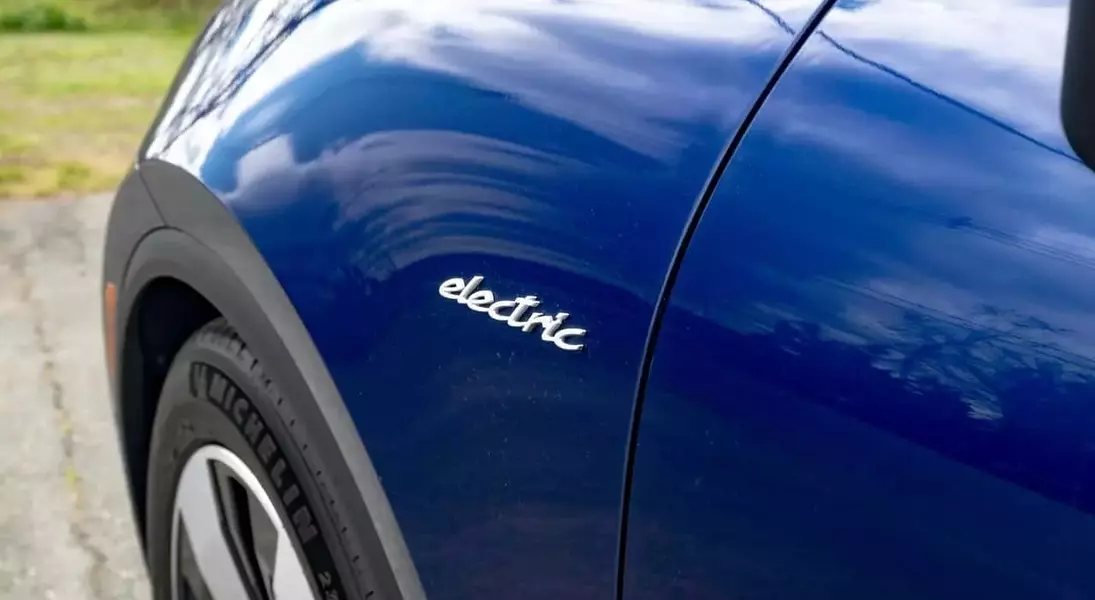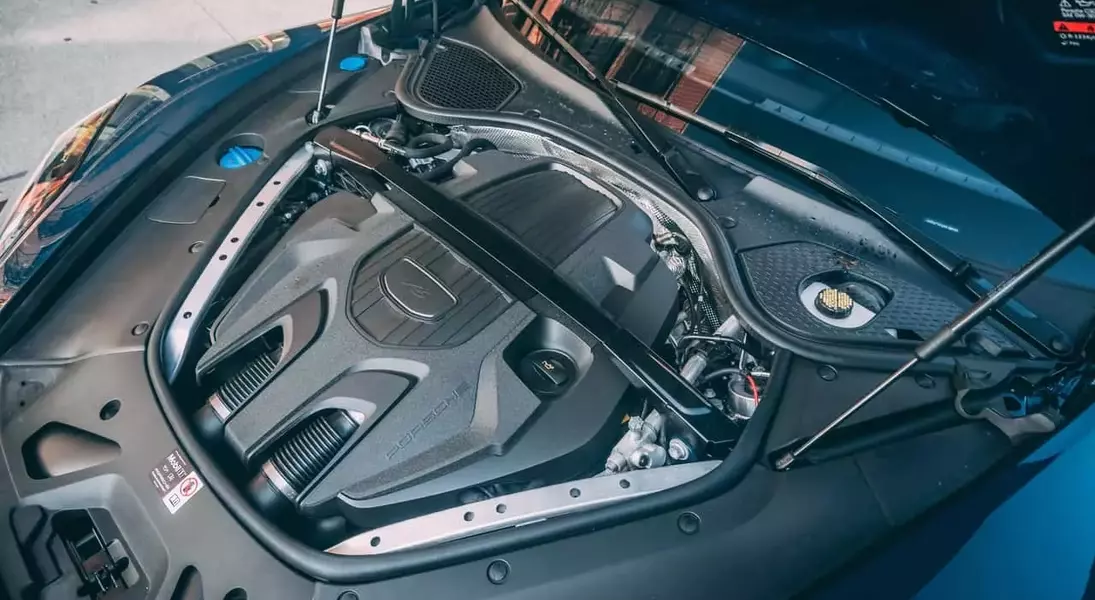




Porsche, a prominent German luxury car manufacturer, is demonstrating a remarkable shift in its long-term strategy, moving away from an aggressive all-electric vehicle (EV) sales target. Initially, in early 2022, the company's former CEO, Oliver Blume, had set an ambitious goal of achieving an 80% EV sales share for new vehicles. However, current market realities and customer preferences have led Porsche to adopt a more flexible and consumer-centric approach. This new philosophy centers on meeting diverse customer demands, whether for vehicles powered by traditional internal combustion engines or cutting-edge electric powertrains. The brand's agility, bolstered by its affiliation with the Volkswagen Group, allows it to adapt to the fluctuating automotive landscape and regulatory pressures.
Porsche's Adaptable Product Strategy in Detail
In a recent interview with Australia's "Drive" magazine, Daniel Schmollinger, Porsche's local Chief Executive Officer and Managing Director, articulated the company's revised strategy. He highlighted Porsche's commitment to offering customers the "freedom of choice," catering to those who are ready for electric vehicles and those who still cherish the experience of petrol-powered models. This balanced approach is evident across Porsche's product development and portfolio. For instance, the company is accelerating the development of a new gasoline-powered crossover, a model derived from the Audi Q5, which will eventually succeed the original Macan. This new vehicle, rumored not to carry the Macan name, is slated to utilize the Premium Platform Combustion (PPC) already established in several Audi models, signaling a continued investment in conventional powertrains.
Moreover, the beloved Cayenne and Panamera models are confirmed to retain their powerful V-8 engines well into the next decade, ensuring that enthusiasts of high-performance combustion engines are not left behind. While the next generations of the Boxster and Cayman are expected to be predominantly electric, top-tier variants will likely feature hybrid combustion engines, possibly a flat-six derived from the iconic 911 GTS. The venerable 911 itself is positioned to be a torchbearer, with Porsche repeatedly stating its intention for the 911 to be the brand's final combustion-engine vehicle, underscoring its historical significance and enduring appeal.
For those eager to embrace electric mobility, Porsche continues to expand its EV offerings. The second-generation Macan and Taycan are soon to be joined by an electric Cayenne. Furthermore, a future three-row SUV, codenamed "K1," which was initially conceived as an exclusively electric model, will now also offer internal combustion engine (ICE) variants, showcasing Porsche's responsiveness to market signals. Schmollinger emphasized that Porsche doesn't "judge" customer preferences and possesses the manufacturing capability to respond effectively to market demands.
However, this transition is not without its challenges. The first-generation Macan is slated for discontinuation by mid-2026, with its replacement arriving only in 2028, creating a temporary void in Porsche's portfolio. This gap is particularly significant given the Macan's strong sales performance. The ICE Macan's availability in Europe has already been impacted by new cybersecurity regulations, leading to its early withdrawal from that market.
The broader context for Porsche and other automakers involves navigating stringent regulatory environments, particularly in the European Union, which aims to ban the sale of new combustion-engine cars by 2035. This regulatory pressure is a key driver for many legacy automakers to push aggressively into the EV sector, despite electric vehicles currently being less profitable and less popular than their gasoline counterparts. Automakers find themselves in a complex situation, balancing regulatory compliance with profitability and evolving consumer preferences.
This strategic pivot by Porsche highlights the complex dance between innovation, regulation, and market demand in the automotive industry. It underscores a pragmatic understanding that the path to an all-electric future may be more winding than initially envisioned, requiring manufacturers to maintain a diverse product offering to satisfy a broad spectrum of consumers. This approach not only provides customers with greater choice but also allows Porsche to mitigate risks associated with an uncertain future, ensuring its continued relevance and success in a rapidly transforming global market. The commitment to both gasoline and electric powertrains reflects a mature recognition of varied customer needs and the ongoing evolution of automotive technology, emphasizing that the journey towards sustainable mobility is not a one-size-fits-all solution.
